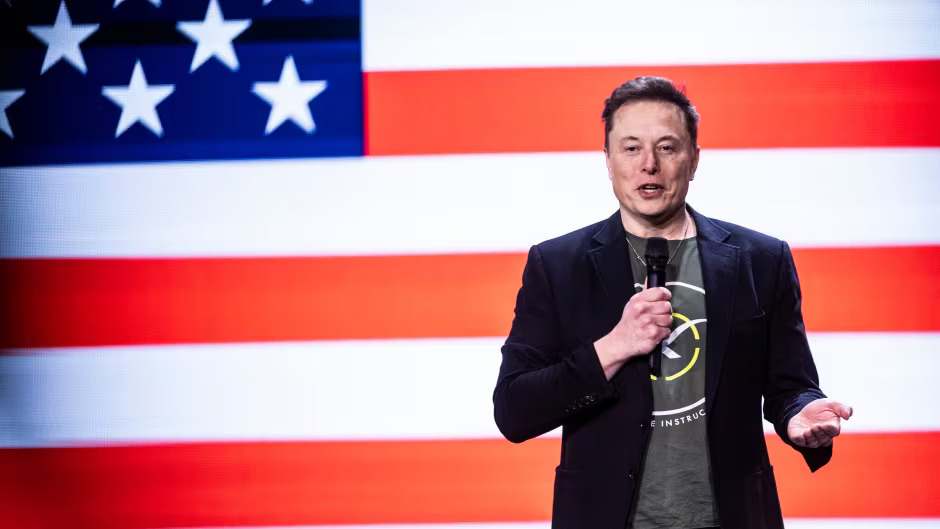Elon Musk, the billionaire founder of Tesla and SpaceX, has announced a controversial initiative involving a daily $1 million giveaway to voters who sign a petition from his political action committee (PAC) supporting the Constitution.
This move aligns Musk with Republican Donald Trump’s campaign for the presidency and has raised serious questions among election law experts regarding its legality. The unprecedented nature of this proposal has sparked widespread media attention and debate.
Critics, including election law specialists, argue that Musk’s plan may violate federal regulations that prohibit financial incentives for registering to vote or casting ballots.
Rick Hasen, a political science professor at UCLA, has pointed out that the giveaway’s stipulation that only registered voters can participate may constitute an illegal inducement for voter registration. As of now, the Justice Department has not provided a response to queries about the legality of Musk’s initiative, leaving the PAC to defend its strategy amidst growing scrutiny.

Elon Musk’s $1 Million Daily Giveaway for Voters Sparks Legal Concerns in Support of Trump’s Campaign
A source close to Musk’s America PAC expressed confidence in the legal soundness of the initiative, suggesting that the media’s focus on the plan only bolsters their efforts to support Trump. Musk has already committed over $70 million to aid Trump’s reelection bid and is concentrating his efforts on mobilizing voters in key swing states.
Previously, he incentivized supporters by offering $47 for every registered voter they could recruit in specific battleground areas, highlighting his commitment to Trump’s campaign.
Concerns about Musk’s giveaway have also been voiced by political figures, including Pennsylvania Governor Josh Shapiro, who expressed unease about the influence of dark money in elections. During an appearance on NBC’s “Meet the Press,” Shapiro questioned the ethics of using financial incentives to influence voter behavior, particularly in a critical state like Pennsylvania. His comments reflect a growing apprehension about the implications of such tactics in the electoral process.
Legal experts like campaign finance attorney Brendan Fischer and election law professor Michael Kang have underscored that while Musk’s initiative is not outright bribery for voting, it does approach a legally questionable territory.
Fischer noted that conditioning payments on voter registration raises significant legal challenges, while Kang emphasized the potential for this to be interpreted as an attempt to incentivize voter registration close to the election. This situation is further complicated by recent changes in regulations that allow for more collaboration between candidates and super PACs, enabling unconventional strategies in political campaigning.
